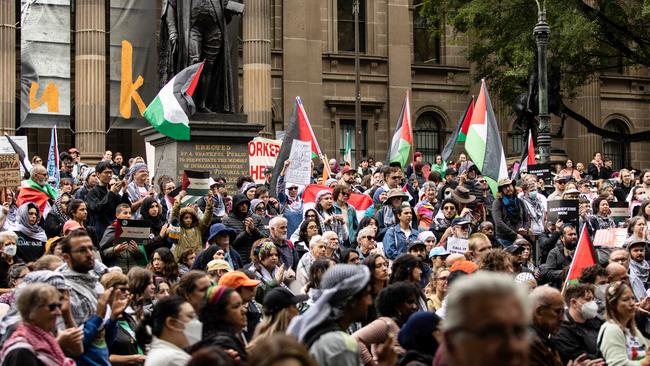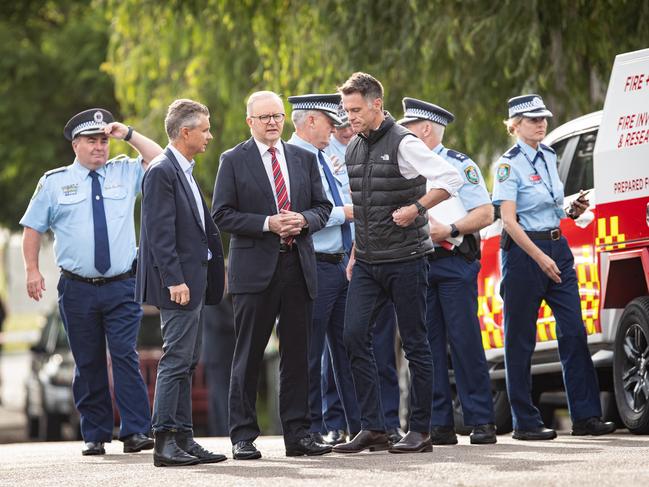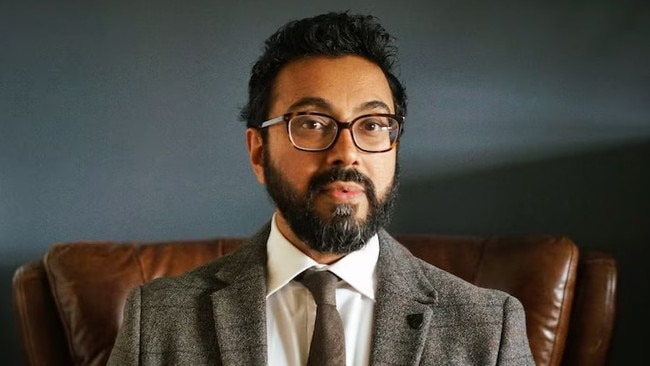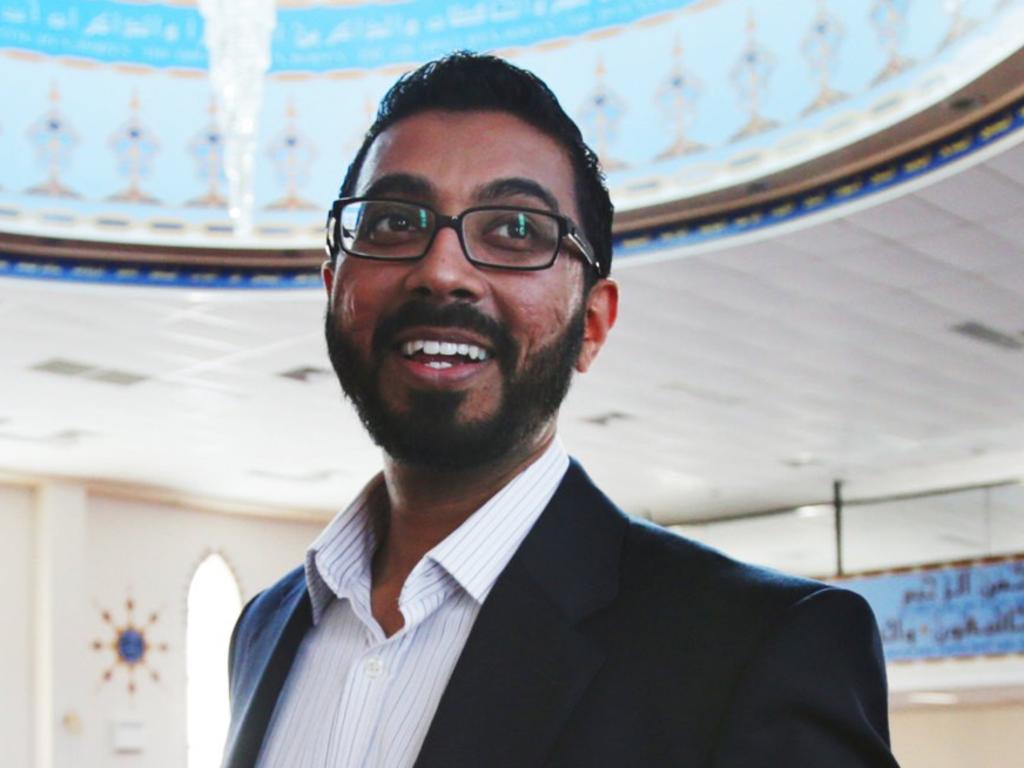Maintaining a scorecard on hate crimes is no way forward

It appears members of the Liberal Party are now wanting to keep a scorecard on acts of hate towards the Muslim and Jewish communities. I don’t see how that is going to help social cohesion.
Rather, it is going to diminish the reality and the detrimental impacts of Islamophobia on its targets and their communities.
That hurts all of us.
As the special envoy to combat Islamophobia, I am deeply concerned about the framing used by opposition home affairs spokesman James Paterson in saying the number of attacks against Jews is “far more prolific” than against Muslims.
While Islamophobia did not start on October 7, 2023, since then it has reached a historic high.
The Islamophobia Register Australia has reported that in the year following October 7, 2023, it has recorded 932 reports of Islamophobia. For context, that is more than across the previous eight years combined.
In my inaugural speech on September 30, 2024, I stated that as the special envoy to combat Islamophobia I was not going to create a competition between hate. Specifically, I said: “I don’t intend to use this role to advocate that one form of hatred is more important than another: both anti-Semitism and Islamophobia are unacceptable.”
The recent spate of attacks, including on a childcare centre, on the Jewish community is despicable, grotesque and unequivocally unacceptable. In civil society, where a social contract is in place, these attacks are a clear breach. They undermine the safety and security of those targeted. Those perpetrating them should face the full force of the law. Unfortunately, it appears some cannot comprehend Muslims, Arabs and Palestinians are also being subjected to vile attacks. Whether these occur online or offline, they both engender a climate of suspicion, fear and hate.

Australia’s eSafety Commissioner reminds us that being exposed to online hate speech not only can impair mental health but in the most extreme cases leads to offline harassment and violence.
During November and December 2024, I travelled across this country, listening first-hand to community experiences of anti-Muslim discrimination, hate and violence personally experienced or shared by others.
What I discovered was a landscape in which Islamophobia was an ordinary, daily experience for many Muslims. Thankfully, it wasn’t that mosques were being torched or cars vandalised. Although when mosques were being attacked and vandalised across this country there was no public outcry. There was no moral outrage. No press conferences. No calls for changes in laws. No calls for tougher sentencing.
Regrettably, what I did hear was that visible Muslim women were being physically assaulted, headscarfs ripped off, Muslims being verbally abused and called terrorists, and children harassed on public transport. In short, Muslims were being targeted because they were seen to be Muslims. The ordinariness of Islamophobia is what is so disturbing: the normalcy of hate endured out of the media spotlight.

The fact these despicable acts are not a spectacle does not mean they are not happening.
It is no wonder that many Muslims I spoke to believe the hatred they experience is not taken seriously and, regrettably, such statements are perceived to affirm one form of hatred and downplay another. They wittingly or unwittingly trivialise the emotional and physical distress of the targets of hate and affirm Muslims’ worst suspicions. It also places immense pressure on Muslim leaders to do something about this apparent disparity of treatment. It should not matter how these despicable attacks are happening: whether they occur online or offline. It is not wise to prioritise the manifestation of one form of hate and downplay another.
That the worst Islamophobic attack in the history of New Zealand was carried out by an Australian citizen provides plenty to worry about here. We should be making every attempt to ensure such an attack does not take place on Australian soil, nor downplay the rancid ideology that ultimately resulted in the murder of 50 people in Christchurch, simply because we haven’t seen mosques torched or cars vandalised.
Like Senator Paterson, I too hope we never see such things, and I extend my invitation to any member of parliament (or to anyone else) to discuss Islamophobia, its reality and impact on social cohesion, in the spirit of goodwill.
Hate is not a trivial matter. It spreads like cancer and undermines social cohesion and impairs reason, compassion and sensibility. I don’t want anyone to live in fear for their safety or security in this precious country that I call home. As Maya Angelou once said: “Hate, it has caused a lot of problems in the world, but has not solved one yet.”
I urge our leaders not to play politics with hate. Doing so is a dangerous game.
Aftab Malik is the special envoy to combat Islamophobia.






First it was “fictitious” and now attacks against the Jewish community are “far more prolific”.